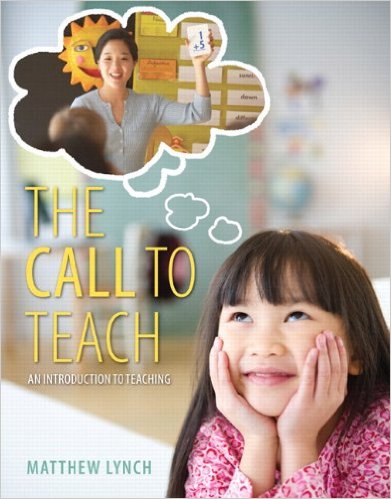When researchers ask for data on penalization of black kids, schools resist, cover up

That students of color bear the brunt of the zero tolerance discipline policies in schools has been well-established. What is not so well known is that some school administrations are actually complicit in this act of racial disciplining.
Nationally, students of color are more likely to be suspended than white students. On average, black boys are suspended four times more than white boys. Latino students are also suspended more frequently than white students, and female students of color are also disciplined more frequently than white female students.
The policy ‘problem’
But this is not all. A recent study that we conducted over a period of two years in Texas found that schools were in fact negligent when it came to addressing such practices of disciplining. The study covered four school districts in Texas with a population of nearly 200,000 students.
As researchers, we have been studying this issue since 2010. But what prompted this study was the suspension of one of the researcher’s sons from school. The child was given a US $500 court citation. And when we showed up for our court appointment, we saw that all the children were either black or brown. Did it mean that white children never fought in school?
We knew this was part of what is now known as the school-to-prison pipeline for children of color. It led us to take on a scholar-activist role.
Most schools and districts claim to be following “race-neutral” discipline policies. School officials even point to their race-neutral suspension and expulsion policies to show how they are “fair” with students of all race and ethnic subgroups.
However, researchers have found that the problem lies in the application of these policies.
For example, black students are more likely to be suspended for breaking subjective school rules such as a lack of respect for teachers than for objective ones, like having a weapon. Researchers point to cultural stereotypes and misunderstandings from a primarily white teaching force as the reasons for the “disciplining gaps.”
Data on discipline
Our recent study found that some schools are, in fact, negligent and even defensive when it comes to addressing the problem of school discipline practices and the discipline gap.
The kind of responses we got when we asked for school districts’ discipline data resembled a “corporate cover-up.”
Some school administrators resisted our attempts to provide information under the Freedom of Information Act (FOIA), and some others released data that were not helpful. For example, in the discipline data submitted by a school district, we were not able to discern the race of the children who had been suspended or expelled from school.

It is hard for us to imagine that schools are not keeping track of usable disciplinary data, considering that in recent years, widespread attention has focused on the disciplinary treatment of black boys and other students of color. President Obama has even initiated My Brother’s Keeper, a national program intended to help black and Latino boys succeed.
Responses from schools
Our biggest surprise was finding out that districts perceived our request for data as a threat. We found that school administrations became secretive, defensive and even more protective of the data. It seemed to us that districts were essentially complicit in the process of oppression of youth of color.
Even the districts that provided the data were very defensive when informed of the discipline gaps that occurred in their schools. For example, when presented with data in his district, one data administrator responded, “Well, other districts in Texas are higher than us” and “We are not far off from the state average.”
It was very troubling for us to see schools reacting in this way, especially when lives of youth were at risk. These responses were unacceptable and deflected the district’s responsibility.
In the end, only one school district, out of four, instituted a district-wide program for the principals of their schools to learn more about the racial discipline gaps. It was the only one to take steps on how to begin reducing and eliminating racial discipline gaps at both the school and at the district level.
As we conducted the study, we also realized that there is no national legislation that prompts schools to address disparities in education. While No Child Left Behind (NCLB) and other national legislation have at least attempted to draw attention to racial disparities in achievement, no legislation exists that actually compels schools to address the problem.
This is unfortunate, given the close connection between the academic achievement gap and the discipline gap.
What must be done?
It is important that schools make policies and goals for racial and ethnic groups more explicit. For example, a goal for “75% proficiency for students in math” is not as impactful as “75% proficiency for each student subgroup based on their racial, gender or language-based identity.” The reason we say this is: what if the population of a school is 25% Latino and that happens to be the same population of nonproficient math students?
At the policy level, what is needed is intensive training on implicit racial bias in most districts. In addition, school districts should be required to report overall suspension rates and discipline gaps within each of their schools.
Furthermore, state or federal policies must begin to regulate both the collection of discipline data and the rate of compliance of schools.
Parents too need to pay more attention. Parents of color and from other subgroups should begin to identify which schools are more likely to suspend students of color.
All this together can be a powerful impetus for districts and schools to attend to this problem. Otherwise, disciplining practices will continue to have devastating consequences for our kids.
Click here to read all our posts concerning the Achievement Gap.
________________________________
Muhammad Khalifa is Assistant Professor of Educational Administration at Michigan State University.
Felecia Briscoe is Associate Professor of Educational Leadership and Policy Studies at The University of Texas at San Antonio
This article was originally published on The Conversation.
Read the original article.





